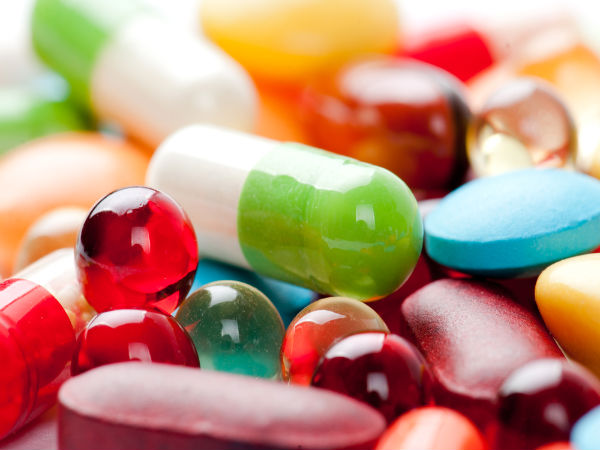THIS IS THE CAUSE OF EXPENSIVE DRUG PRICES IN INDONESIA
September 18th, 2019
The Center for Indonesian Policy Studies (CIPS) stated that the implementation of health care system implemented in Indonesia needs to be readjusted and refers to the Sustainable Development Goals (SDGs).
Center for Indonesian Policy Studies (CIPS) researcher Felippa A. Amanta said, for UN member countries, increasing access to quality health services should remain a focus that must be achieved.
This is one of the targets of the SDGs related to health. Indonesia, as a member of the United Nations, also needs to continue to innovate in providing health services for its citizens.
Felippa explained, that there are several things that need to be considered in the health care system in Indonesia. High tariffs on essential drugs and overprotective trade policies make drugs expensive and limit drug choices.
These two things cause the types of drugs circulating in Indonesia are not as many as in other countries. Only half of the types of essential medicines on the WHO list are circulating in the country.
“The survey of around 9,000 healthcare providers found that 85% of them only had about 80% of the total essential medicines on the WHO list. This is feared will cause health services for residents to be not optimal. The limited options also cause them to have to pay more to get health care," said Felippa in a press release received by Bisnis.com Wednesday (18/9/2019).
In addition, Felippa said that the convoluted bureaucracy also causes high transaction costs. Inefficient bureaucracy also causes delays which have a negative impact on residents who need medicines.
"The time needed for new drugs to enter the Indonesian market is 1,057 days and 800 days in China," he said.
Although the overall average global drug tariffs have fallen in recent years, many countries still apply tariffs to imported drugs. The highest average rates of tariffs are found in South Asia and Latin America.
Based on the WTO Tariff database, Nepal is the country that imposes high tariffs on imported medicines, which is 14.7%. Meanwhile, Indonesia applies a tariff of 4.3%.
Although many countries outside this treaty do not impose tariffs on drugs, some still do. In fact, the value of biopharmaceutical trade worldwide in non-treaty countries increased by more than 20% between 2006 and 2013. Indonesia itself imposes tariffs on imports of pharmaceutical ingredients needed to manufacture drugs. This, continued Felippa, will certainly have an impact on the selling price of the drug.
“Indonesia should also ideally start removing non-tariff barriers in trade. This is important to maintain drug price stability. In the future, this will certainly have an impact on the quality of life of its citizens,” he said.
Some of the things that are included in the non-tariff policy include inefficient customs procedures, complicated export/import procedures, administrative bureaucracy, non-transparent taxes, and underused trade infrastructure.
As for medicines, Indonesia also applies labeling and packaging requirements that are not easy, the need for importers to have many permits and licenses, and the requirement that imported medicines must pass through certain ports.
Obtained from:
https://ekonomi.bisnis.com/read/20190918/12/1149740/ini-penyebab-harga-obat-di-indonesia-mahal


